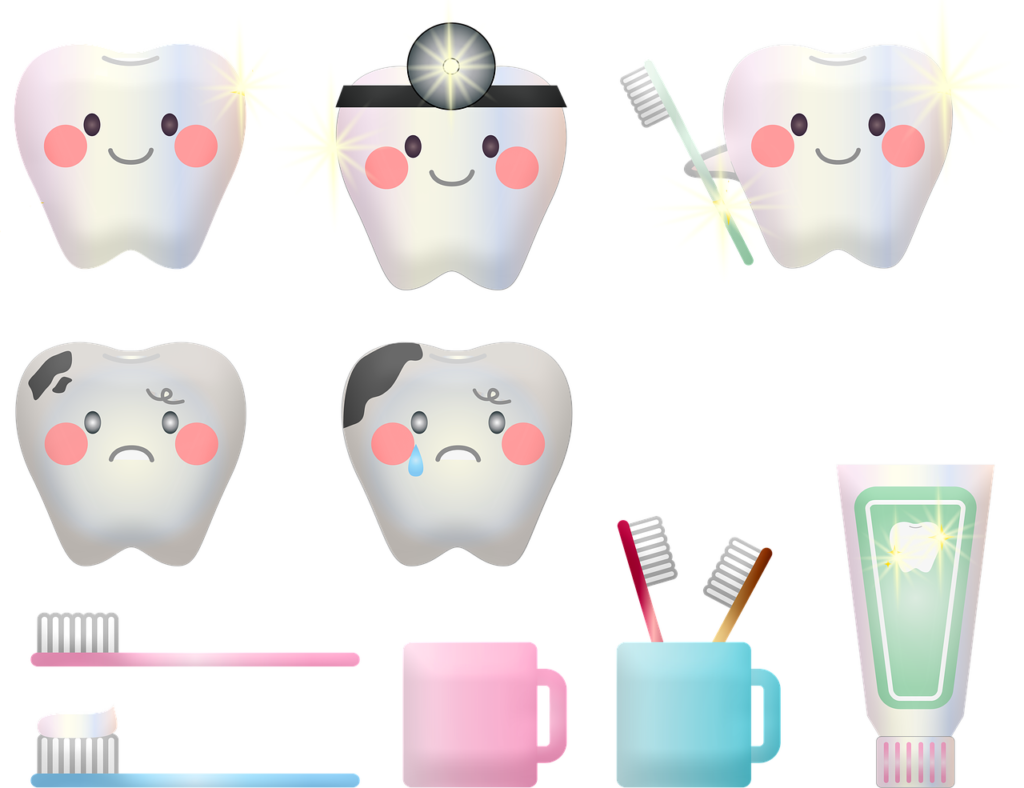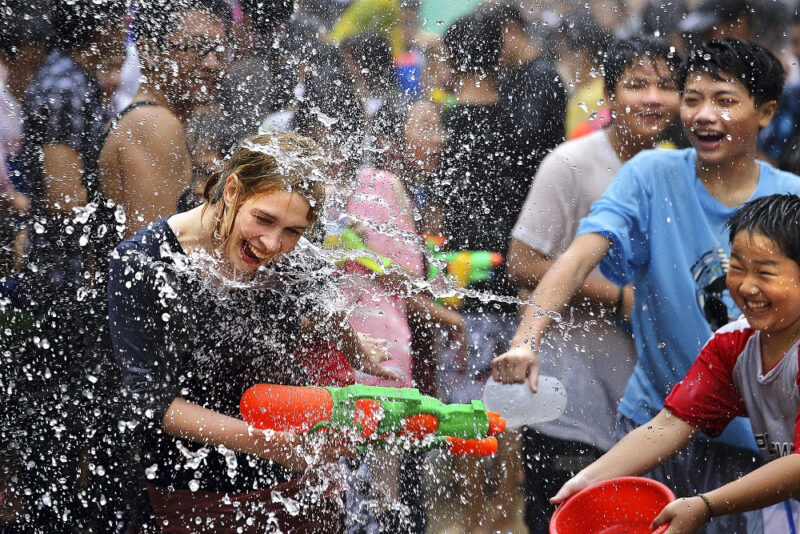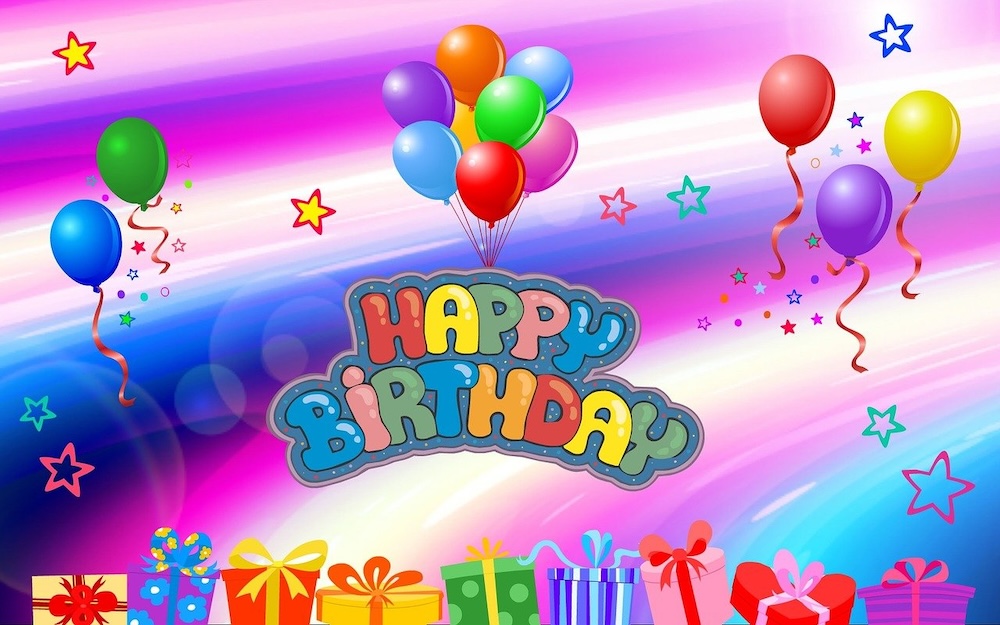Visits to the dentist can install a sense of fear into even the most stoic of adults. But for children, it can be a very traumatic experience. Whether they still have their baby teeth or are growing permanents, nurturing our children’s teeth during each stage of development is one of the most important factors for their overall health.
It’s never too early to start good habits especially in regards to dental hygiene for young children and setting them good examples with their brushing routines. Studies have shown that when children who are taught to brush their teeth in the correct way, twice a day, the incidents of cavities and structural dental problems later in life are greatly reduced. Below is some great advice from the Dental clinic at Bumrungrad hospital with regards to the care and development of little teeth.
Toddlers Teeth
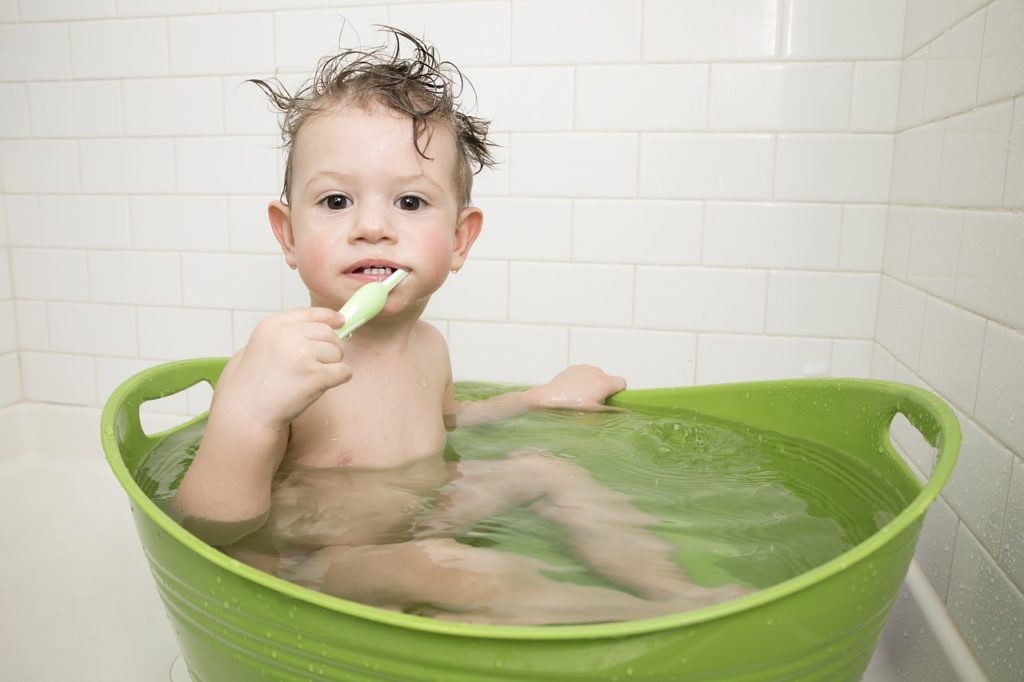
Toddlers aged 1 to 3 years should be given three main meals a day, like adults and most are capable by this age of eating a variety of foods and they will begin to decide which foods look inviting. However, sometimes, kids may also continue to drink from a bottle and have a bottle at bedtime, which is the main cause of tooth decay among children in this age group. Tooth decay in toddlers can then lead to premature loss of baby teeth and cause more complicated dental issues as they grow and their jaws and tooth structure develops,.
The longer you keep giving your baby a bedtime bottle, the harder it seems to break the bottle habit. You can do it gradually, or you can make your baby go cold turkey. However, breaking the bottle habit should be done on non-working days because the crying may last for hours. To save you and your toddler from tears, remember that a baby who is ready to sit up is ready to drink from a cup. Dentists recommend for children to stop drinking from a bottle and having a bottle at bedtime during the first year and a half of age.
Pre-school Teeth
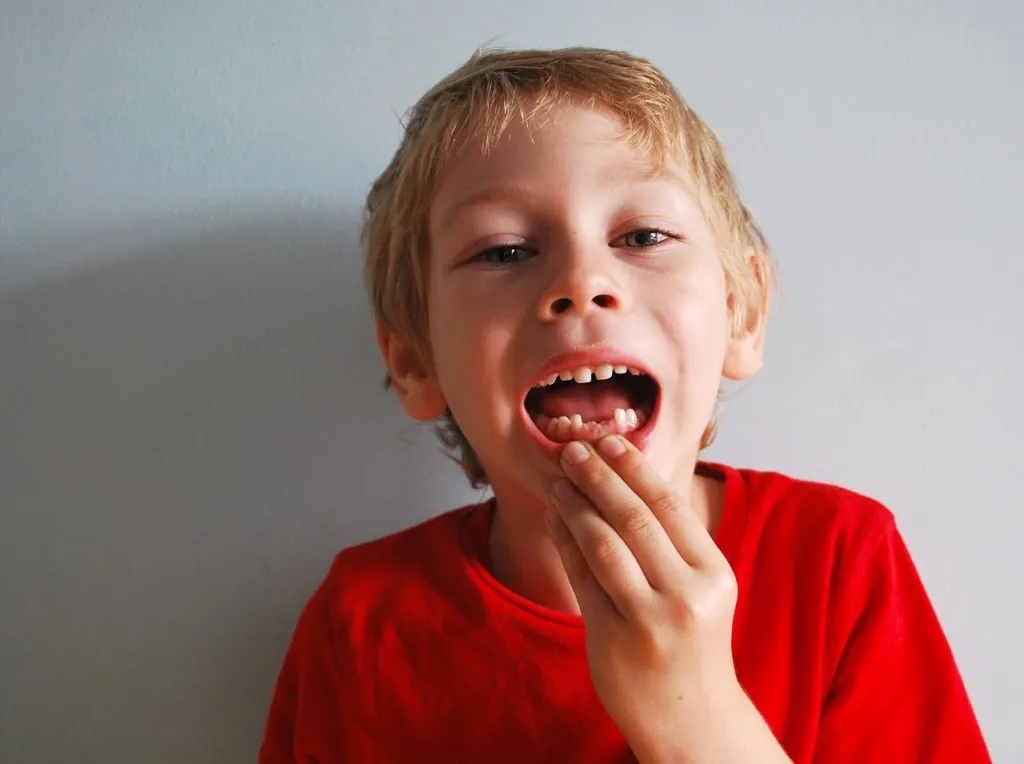
For pre-school children older than 3 years of age, you can start to see the development of your child’s dental alignment which consists of 20 primary teeth. At about the age of 6 years, the first permanent teeth will erupt, usually the lower front incisors or the molar teeth will erupt first. The lower front permanent incisors develop below and towards the tongue side of the primary teeth (coming in overlapping while the primary teeth are still there). The tongue will then push the permanent tooth forward into position. In cases where the permanent tooth erupts half way or fully but the primary tooth does not fall out as expected, or if a child loses his/her appetite and cannot brush his/her teeth due to pain, the dentist can help to remove the tooth.
Sucking a thumb or fingers can affect development of occlusion by putting pressure against the front teeth and causing them to protrude. This is common during the first year of age and children generally quit sucking their thumbs at about 2 to 4 years. If they quit sucking before the age of 4 years, the buck teeth will only be temporary. However, if the sucking continues after the age of 4 years, the buck teeth will be permanent. Therefore, you should take your child to seek appropriate advice from a doctor if your child’s sucking habit continues after 4 years of age.
Falling and hitting a baby’s tooth can make the tooth become loose, causing chewing problems. If a tooth is badly broken, it must be removed or it may affect the development of adult teeth. This is because injuries to baby teeth can cause damage to the adult teeth that are forming in the jaws. The possible damage includes discolored teeth (white or brown), rough teeth, and misshapen teeth such as curved front teeth. However, the level of damage depends on the severity of the initial injury.
Top Tips From a Paediatric Dentist
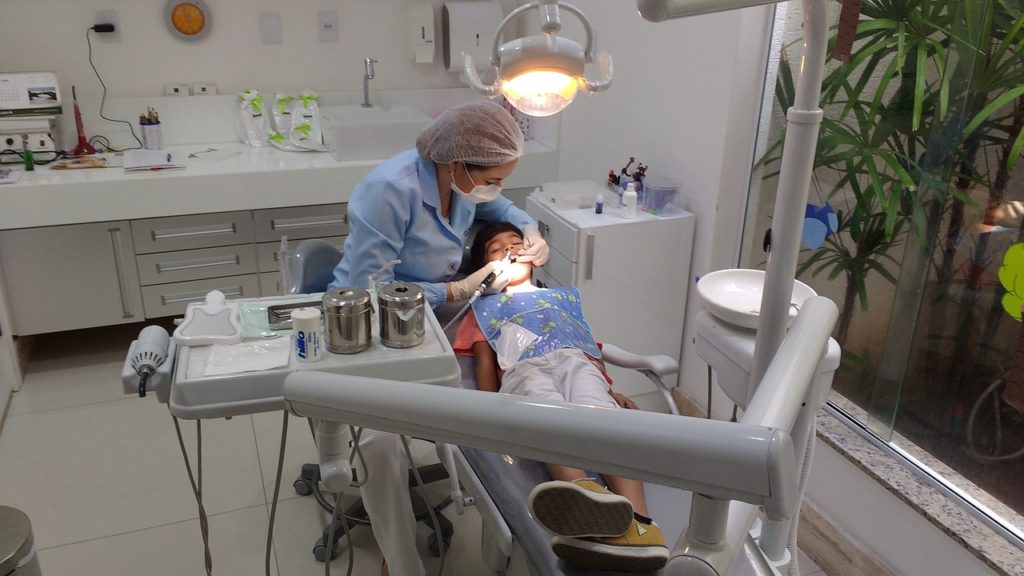
• You should break your child’s bottle habit during the first year of age.
• You should be involved in brushing your child’s teeth until he/she is 7 years of age.
• 3-year old children can use a pea-sized amount of toothpaste and dental floss should be used to clean between their teeth.
• If your child wants to brush his/her teeth by himself/herself, you should first check whether he/she has developed the fine motor skills needed to control small muscles. For example, can your child tie his/her shoelaces and color inside the lines?
• Look out for chewing problems can result in nutritional deficiencies.
• Watch out for decay in the upper front teeth as this can result in speech problems
• Decay in baby teeth also affects adult teeth, such as being twisted or overlapping the wrong way because the baby teeth determine the space in which the future permanent teeth will grow.
• Once the first molar erupts, you should regularly open your child’s mouth and check the teeth for cavities.
• Do not worry about gums bleeding during brushing or flossing. Bleeding gums are usually a sign of gum disease but the symptoms will go away after proper cleaning.

